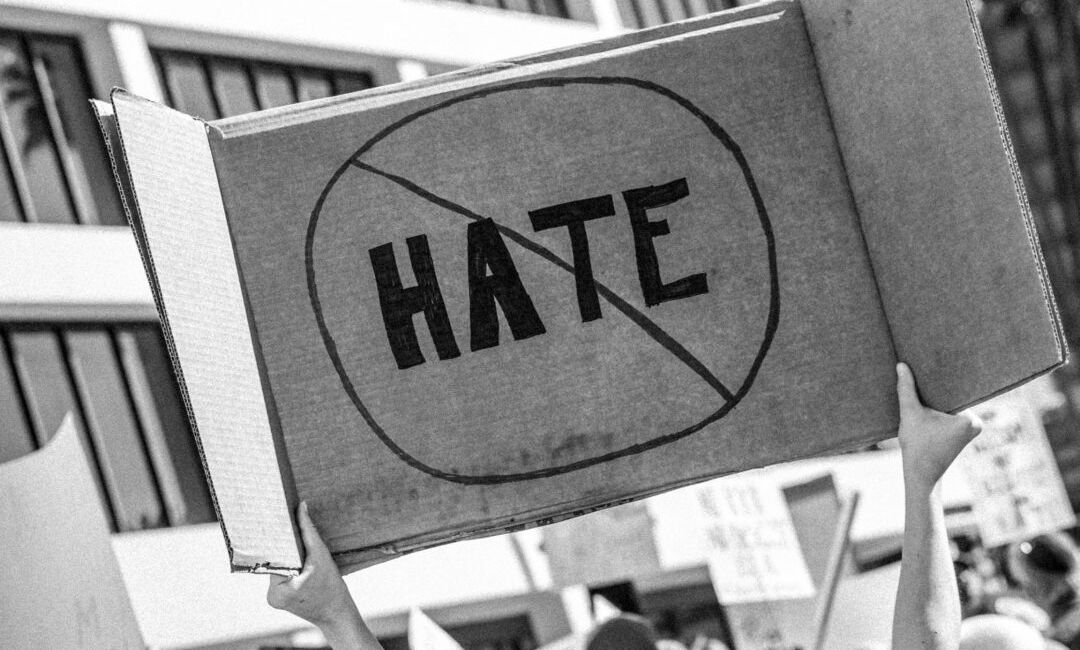Scrolling through social media and cable news channels, America seems more divided than ever.
Does civil discourse matter?

The tone of public discourse has left many feeling that an insurmountable gap exists between themselves and their ideological opposites. What value is there to the free exchange of ideas if it feels less like exchange and more like returning fire?
A few differing perspectives on the issue:
The Washington Post’s Elizabeth Bruenig highlights that both the left and right call for finding the middle ground in political discourse, the left through ‘political correctness’ and the right through calls for ‘civility.’ She questions the possibility that this is feasible in the long term.
At the moment, it appears that the demands of public reason are, at last, too intense. People don’t seem to want to translate their closely held beliefs into language they view as misrepresentative of what they actually think. At the same time, people are largely unreceptive to dealing with statements of belief that they find deeply objectionable. So where do we go from here?
Over at the Niskanen Center, Aurelian Craiutu argues that moderates play a vital role in democratic discourse, bringing the cure for the ills of partisanship.
Moderates keep their minds open to criticism because they do not believe that there is one single best way to solve all problems. They agree with Mill that “the only way in which a human being can make some approach to knowing the whole of a subject is by hearing what can be said about it by persons of every variety of opinions, and studying all modes in which it can be looked at by every character of mind.” Moderates believe in free speech and contestation because they are aware that silencing the expression of any belief, however strange the belief may appear, is an arrogant and imprudent assertion of our infallibility.
And finally, in Time Magazine, Tayari Jones raises challenges to those insisting on a middle ground on serious moral issues. She offers historical issues like slavery and present-day questions of immigration as a lens.
Many people understand politics as merely a matter of rhetoric and ideas. Some people will experience wars only in news snippets, while the poor and working class that make up most of our volunteer army will wage war, and still others far and not so far away will have war waged upon them. For the people directly affected, the culture war is a real war too. They know there is no safety in the in-between. The romance of the middle can exist when one’s empathy is aligned with the people expressing opinions on policy or culture rather than with those who will be affected by these policies or cultural norms. Buried in this argument, whether we realize it or not, is the fact that these policies change people’s lives.
What value does civil discourse hold for us? Is there a tension between civility and standing up to gross injustice? How important is “common ground” in a liberal democracy? Should we strive for moderation in our politics or are calls for moderation the equivalent of asking others to simply live with injustice?